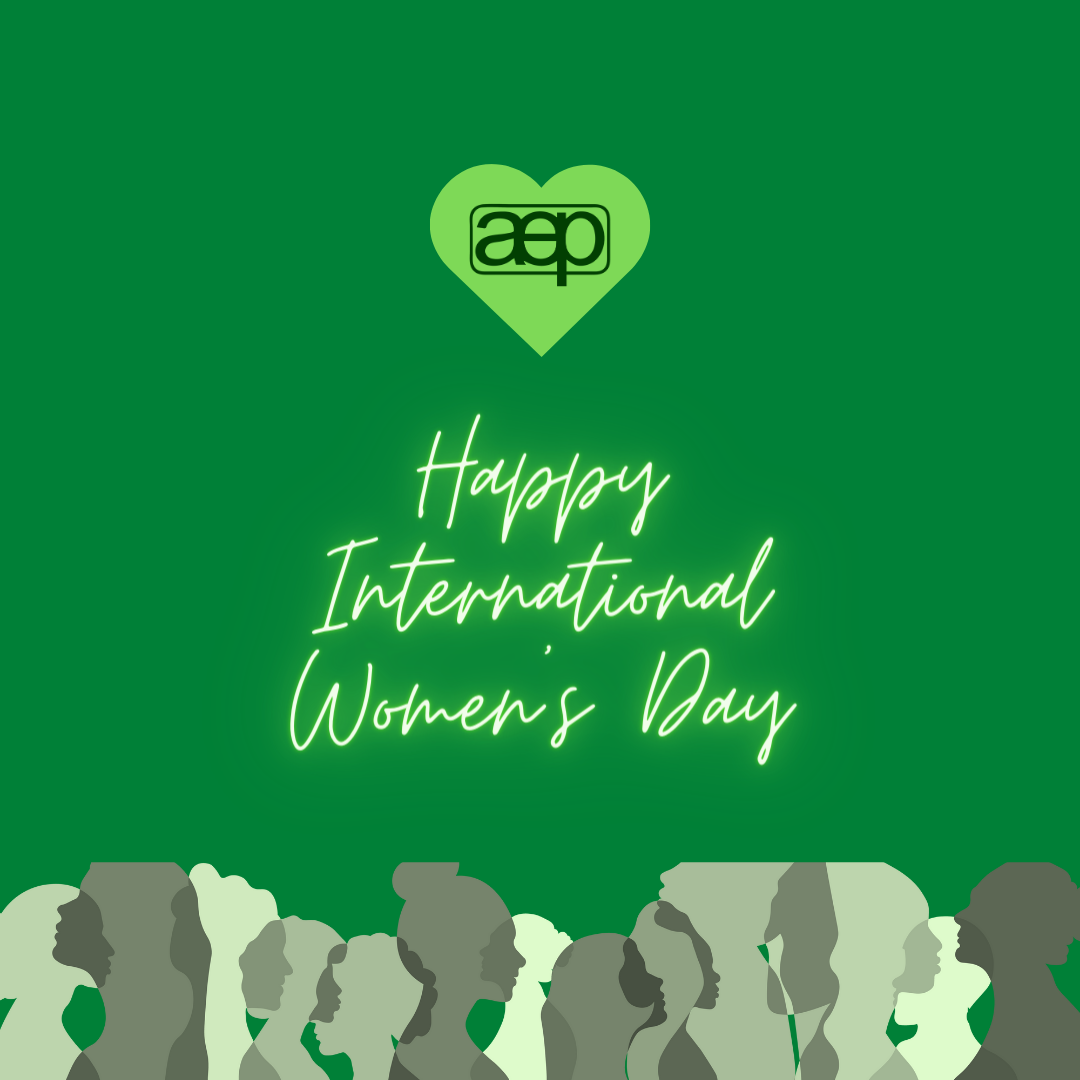International Women’s Day 2024: Inspire Inclusion and Forge a Better World.
The theme of the 2024 International Women’s Day is “Inspire Inclusion” to “forge a better world”. How might we achieve this?
Activist Journalist Gloria Steinman reminded us that women’s struggles for equality and liberation cannot belong to a single feminist or any one organisation but rest on the collective efforts of all who care about human rights.[2]
Unfortunately, some women’s movements and surrounding women’s struggles for equality and liberation have historically excluded and continue to supress, marginalise and misrepresent some female voices. An example of this happening is the current plight of Palestinian women and girls constantly confronting violence, extreme coercive control, suffering, separation, and dispossession. [3] Nesrine Malik’s thought-provoking article “In Gaza, there’s a war on Women. Will the West really ignore it because they are not like us?” [4] is a sobering read. She reports on actions and material conditions that wreak havoc on women’s daily lives, normalise experiences of collective death and acute suffering that we see unfolding on digital platforms before our eyes.
Sadly, the alienation of certain groups from some mainstream feminist organising spaces and women being exploited, used as bargaining chips or objectified for political propaganda purposes is nothing new [5]. Maintaining a fundamental belief that only certain groups or types of women can be afforded advancement, self-determination, and agency in my mind discredits humanistic values and corrupts social justice principles often revered as core elements of EP identity, thinking and practice.
Whilst it can be argued these approaches to feminism and human rights have improved the daily experiences of some women around the globe, this is certainly not the case for all women. I beg fellow sisters and allied brothers to remain alert to the harmful consequences of stances devoid of comprehensive analysis and critiques of prevailing power dynamics. Beware of turning a blind eye to varied structural forms of violence and oppression facing women and girls.
It remains important that women are not constantly depicted as victims, that their strengths and achievements are recognised and celebrated.[6] Nonetheless as psychologists we should never forget “resilience must go beyond a phrase limited to understanding how individuals cope with adversity. It must entail a challenge to the very structures that create disadvantage, discrimination, and oppression.” [7]
I invite you not just to listen to but act on the voices and experiences of women and girls and visualise a radically different future defined by genuine equality, social justice and life affirming interconnectedness. We must stand for a form of feminism that embraces all of humanity.
To “Inspire Inclusion” I would like to leave the last word to a Palestinian writer, poet and educator Hiba Abu Nada[8], killed by an airstrike at her home in Khan Younis on 20th Oct 2023
Enter my heart in peace. All of you come in!
Lynne Mackey
AEP National Executive Committee

References
[1] International Women’s Day https://www.internationalwomensday.com/
[2] https://totallyhistory.com/gloria-steinem-a-life-of-advocacy-and-empowerment/
[3] https://www.middleeasteye.net/opinion/war-gaza-imperial-feminism-abandons-palestinian-women-how
[4] https://www.theguardian.com/commentisfree/2024/feb/05/gaza-war-women-west-mothers-babies-medical
[5] A Critical Look at The New York Times' Weaponization of Rape in Service of Israeli Propaganda https://www.palestine-studies.org/en/node/1655054
[6] https://www.middleeasteye.net/discover/palestine-international-womens-day-five-iconic
[7] Prilleltensky, I & Prilleltensky, O (2005) Beyond Resilience, blending wellness and liberation in the helping profession in Munnar (ed) Handbook for working with children and youth pathways to resilience across cultures and contexts pp89-103.
[8] https://arablit.org/2023/11/27/not-just-passing-a-poem-by-hiba-abu-nada/
